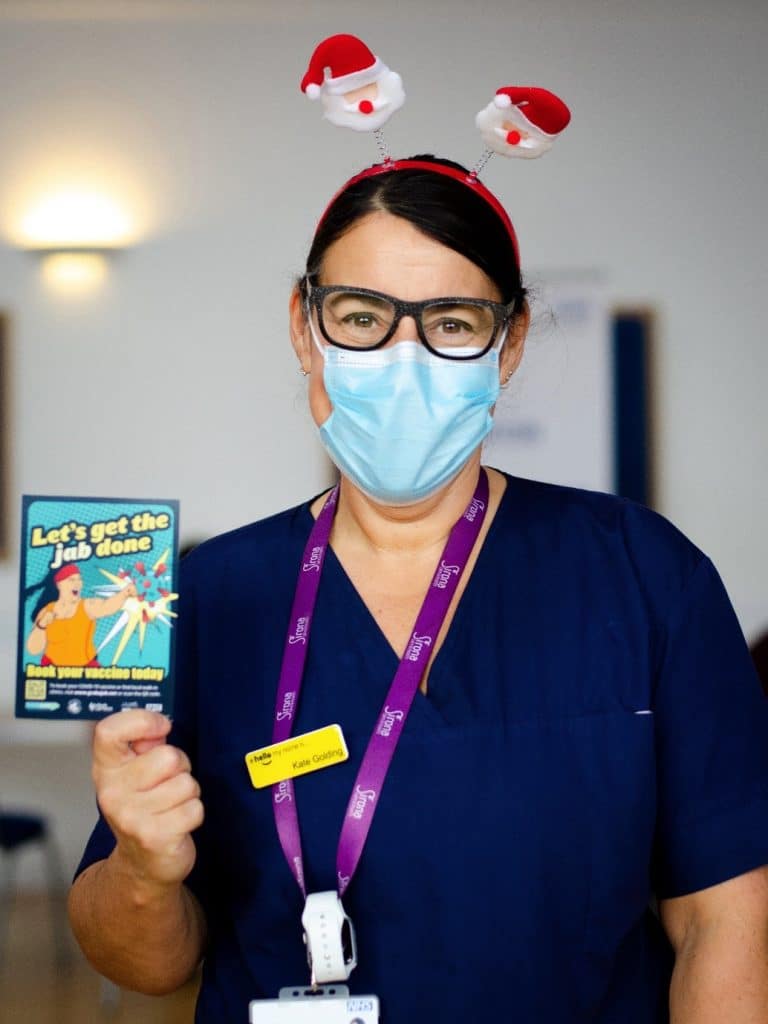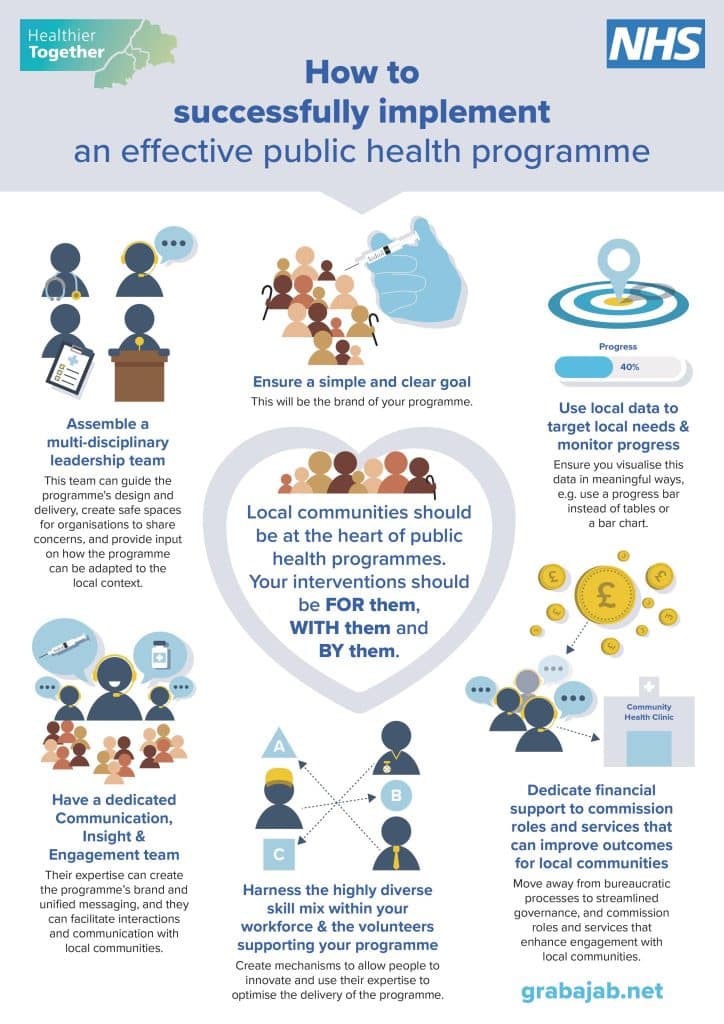The roll-out of Covid-19 vaccination programmes has helped protect billions of people around the world against Covid-19. Many of these programmes have been unprecedented in terms of scale and resources, and have been implemented at times of significant humanitarian crisis.
In Bristol, North Somerset and South Gloucestershire, many organisations from various sectors came together to help lead and co-ordinate the Covid-19 vaccination effort which is still ongoing. It was, and is, a major challenge with a unique set of circumstances not seen before.
While the vaccination effort continues, those leading the local response have now come together to detail their approach. There is always more that can be done, but the hope is this material becomes a useful reference for emergency planners in preparing and managing public health programmes in future.
To study the local response in more detail, experts from the University of the West of England (UWE) in Bristol collected data, developed themes, and undertook interviews with 75 healthcare contributors. Key drivers were documented and corroborated using documentary evidence.

“There was so much that came along and changed, but the goal never changed. The job was to vaccinate people to protect them from Covid” – local survey healthcare contributor
During the UWE study, around ten key considerations in implementing a public health programme were identified. These are transferable to other such programmes and relate to:
- The clarity and consistency of the goal of such a programme
- The diverse representation of stakeholders within the programme leadership team and the mechanisms created by this team to ensure psychological safety, autonomy, operational flexibility and staff empowerment
- Communication and data specialists’ input
- Collaboration with local communities to maximise the reach of the programme
- Allocating funding to tackle health inequalities.
The following infographic summarises the UWE findings.
This infographic can be downloaded here and those working in sectors which may benefit from this content are encouraged to further consider it in their own work.
The full UWE study is available on request. If you have any queries please contact the local Bristol, North Somerset and South Gloucestershire vaccination team by email at bnssg.massvaccination@nhs.net
